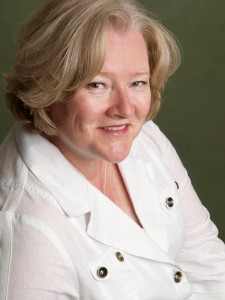Professors Carol Strike and Lori Ross named Division Head and PhD Director for Social and Behavioural Health Sciences Division
June 22/2017
Professor Carol Strike will assume the role of DLSPH’s Social and Behavioural Health Sciences Division Head on July 1, 2017.
A full-time, paid U of T faculty member since 2010 (and a status-only member from 2001 to 2010), Strike is a health services researcher with a particular interest in harm reduction, HIV, sexually transmitted and blood-borne infection prevention programs, and other health services for marginalized populations. She is also an Affiliate Scientist at the Centre for Urban Health Solutions at St. Michael’s Hospital. Recently, her research in supervised injection services supported the City of Toronto’s plan to integrate these services into existing facilities in the city.
In the role of Social and Behavioural Health Sciences Division Head, Strike will be responsible for strategic planning, mentoring junior faculty and working with the Division’s faculty and Dean’s Office to ensure that the Division’s teaching, research and service needs are met. She will join the DLSPH Executive Committee and work closely with Interim Dean Adalsteinn Brown to enhance Social and Behavioural Health Sciences teaching, learning and research within the DLSPH community.
Associate Professor Lori Ross will become the director of the Social and Behavioural Health Sciences PhD program, and oversee activities for close to 70 students in the program as well as recruitment, beginning September 1, 2017.
Ross joined DLSPH in 2010 as status faculty member and a full-time faculty member in 2015. She is cross appointed in U of T’s Department of Psychiatry and is a collaborating scientist at the Centre for Addiction and Mental Health. She has expertise in mixed methods approaches as well as in community-based research approaches. Her research focuses on understanding the mental health and service needs of marginalized populations including lesbian, gay, bisexual, trans and queer (LGBTQ) people, in order to improve access to services for these communities.

